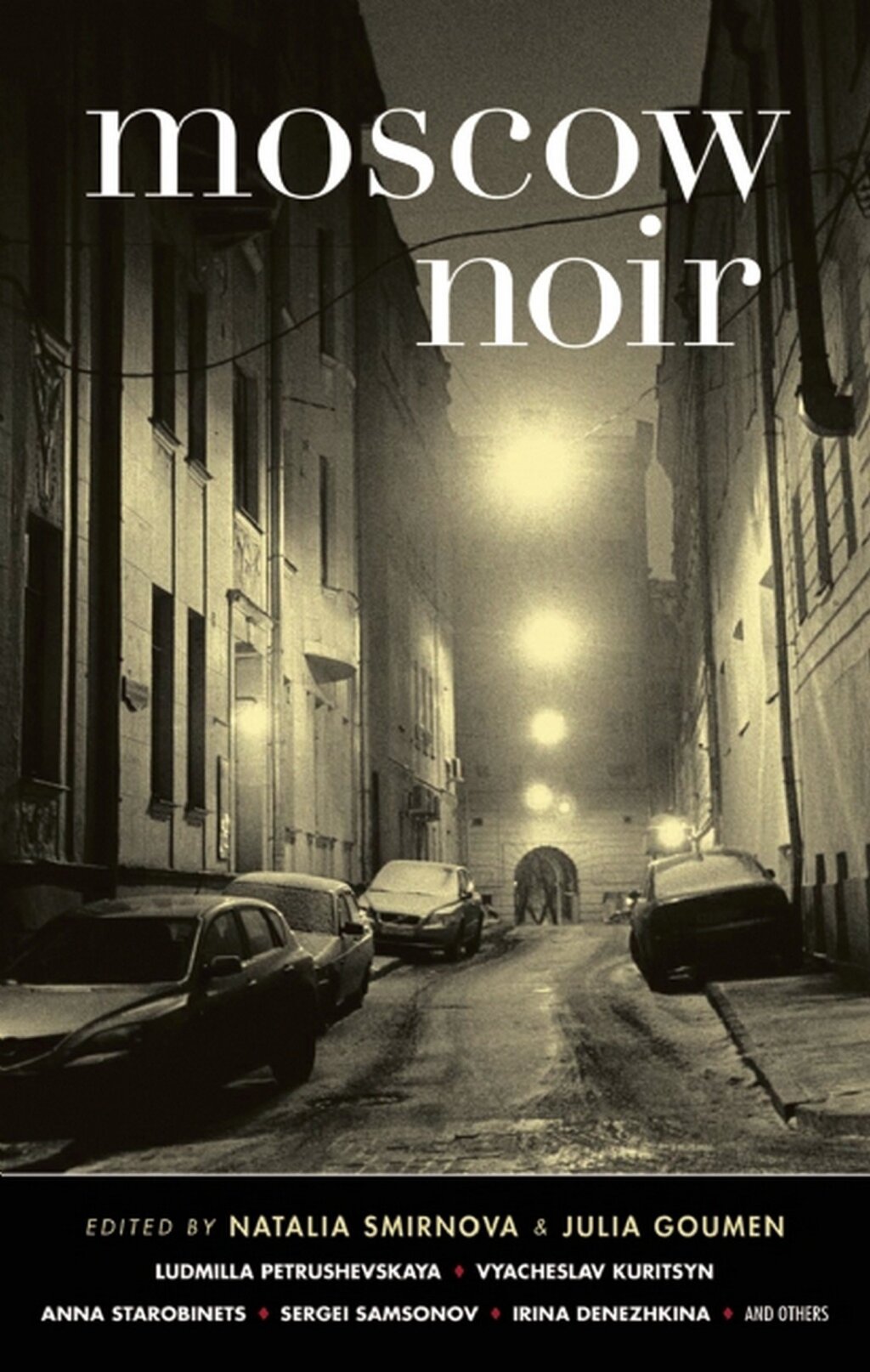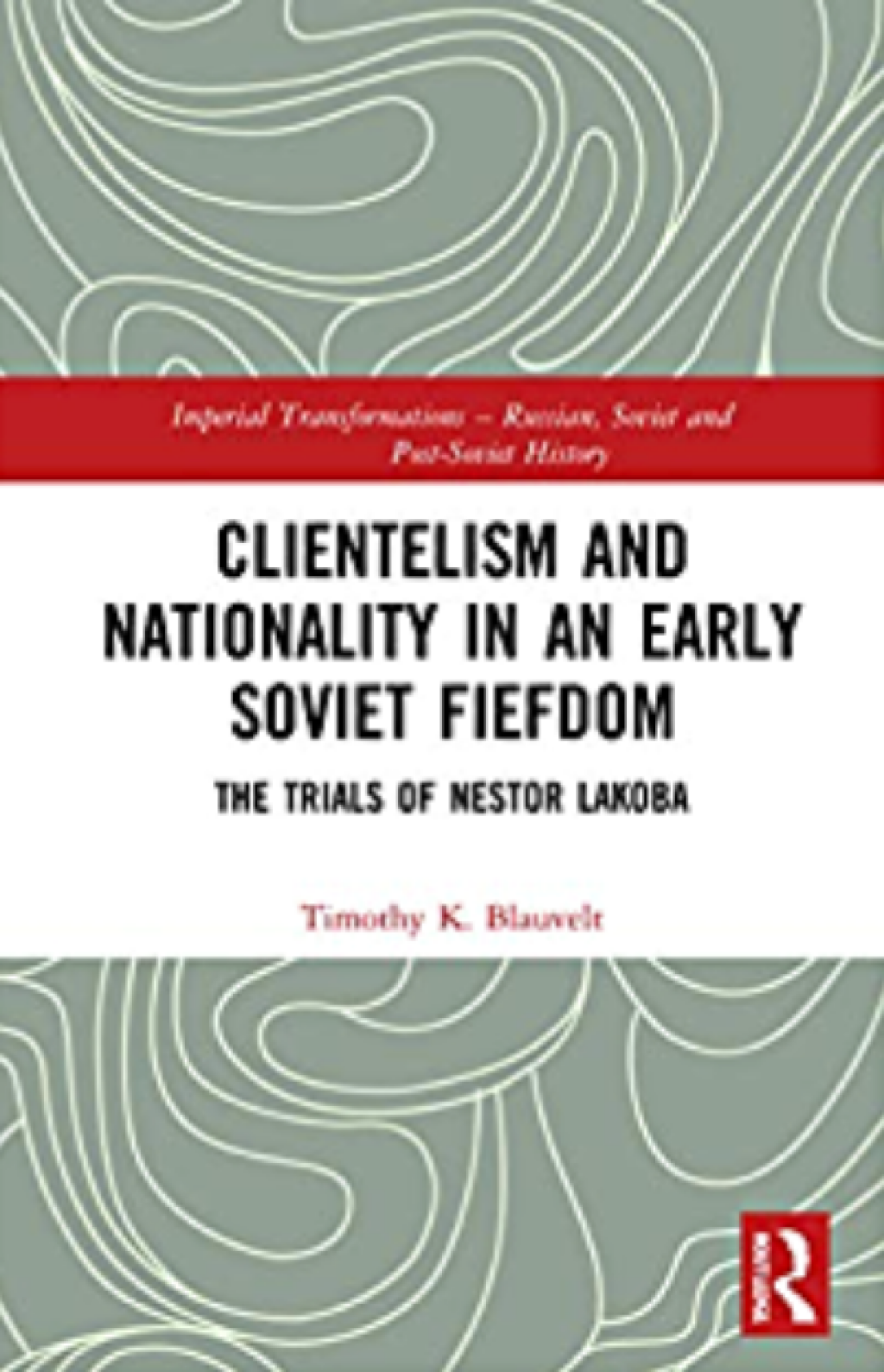Chapter Ten,
In which a blue attaché case features prominently
In this chapter, Fandorin takes his first trip abroad. Given how much traveling he’s going to do in the next 15 books, this particular plot point is rather amusing with hindsight. It’s just one of many ways in which the naive Erast Petrovich of Book One is so unlike the mature Man of Mystery who headlines the rest of the series.
Arriving at The Winter Queen, Fandorin bribes a porter to gather intelligence about the comings and goings of Miss Olsen (Bezhetskaya), whereupon he learns that she is often attended by a man named “Mr. Morbid” (apparently, Doctor Doom was otherwise engaged). Later he stakes out the hotel, and manages to eavesdrop on a conversation between Bezhetskaya and Morbid (clearly a nom de guerre assumed by the pale assassin from previous chapters). After Morbid leaves, the novel takes yet another generic turn, with a momentary detour into the Gothic:
“She went up to a frivolous wall lamp in the form of a Cupid and pressed the god of love’s bronze navel. The engraving hanging beside it (it appeared to be a hunting scene of some kind) slid soundlessly to one side, revealing a small copper door with a round handle. Bezhetskaya freed a slim, naked hand from its gauzy sleeve, turned the handle this way and that, and the door opened with a melodic thrumming sound,”
Yes, an honest-to-god hidden door, complete with a heavily symbolic item to trigger the opening mechanism. The only way this scene could have been more evocative of Bezhetskaya’s power over men would be if Cupid’s navel were replaced by a satyr’s phallus. After all, Akunin makes the nature of her leverage over men quite clear.
When Fandorin confronts Bezhetskaya, the Gothic gives way to a no-so-distant generic cousin: the hard-boiled detective/ film noir. Fandorin holds her at gunpoint, and immediately begins overcompensating: “You took me for a stupid little fool?” Bezhetskaya sees right through him, and tries to distract Fandorin by getting him to see right through her:
“You’ve matured….And you seem a bit braver, too.”
“She dropped her hand and the peignoir slipped from a rounded shoulder so white that Erast Fandorin swallowed hard.
“Brave, impetuous little fool,” she went on in the same quiet voice, looking him straight in the eyes. “And so very good-looking.”
“If you’re thinking of seducing me, you’re wasting your time,” Erast Fandorin mumbled, blushing. “I am not such a little fool as you imagine.”
Poor Fandorin! What kind of noir hero blushes all the time? Bezhetskaya presses her advantage: “Don’t be afraid, silly boy. What rosy cheeks you have. May I touch them?”
Whereupon she headbutts him and then knees him (of course) the groin.
And Fandorin shoots and kills her.
Naturally, Fandorin is distraught, which is why he is not in a position to understand what has really happened to him. He has, despite himself, become the noir hero, killing the deceitful dame who tries to sway him with her feminine wiles. Throw in his awkwardness, his blushing, and her incessant attempts at seduction leading him to fire his gun for the first time, and it’s clear: the blushing Fandorin has been deflowered (as a noir protagonist, if not as a lover). Now he can grow up and, when necessary, kill more evildoers.
If I remember correctly, we never see him reminisce about Bezhetskaya in the later books. But I imagine that he does. After all, you never forget your first.
Random Observations
Fandorin checks into his London hotel under the pseudonym “Erasmus von Dorn,” the same name that Count Zurov mistakenly calls him in the previous chapter. And of course, we will meet plenty of “von Dorn’s” elsewhere in Akunin’s works.
Count Zurov is back. Had we missed him?
Somehow I don’t think Brilling is going to promote him again this time. Maybe he can be employee of the month or something.



